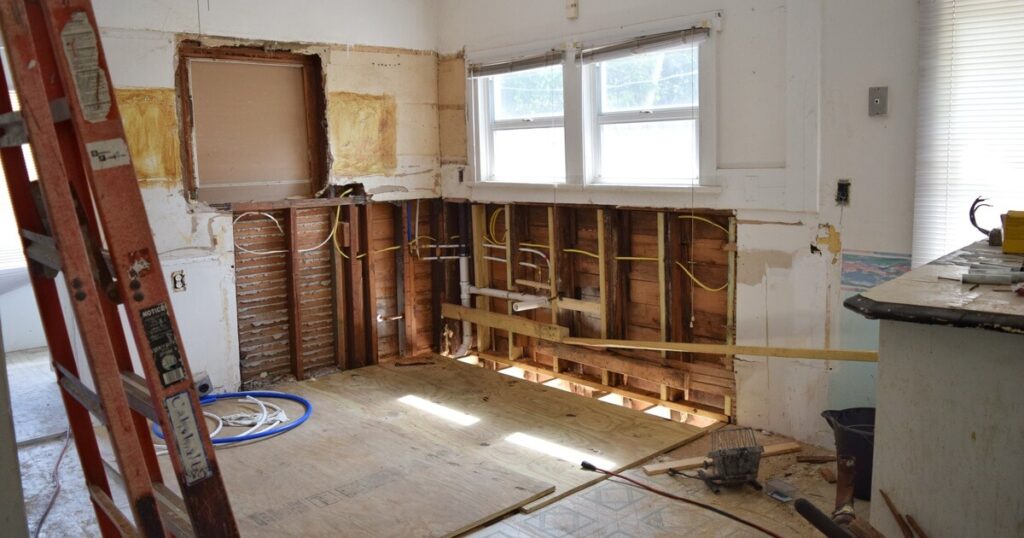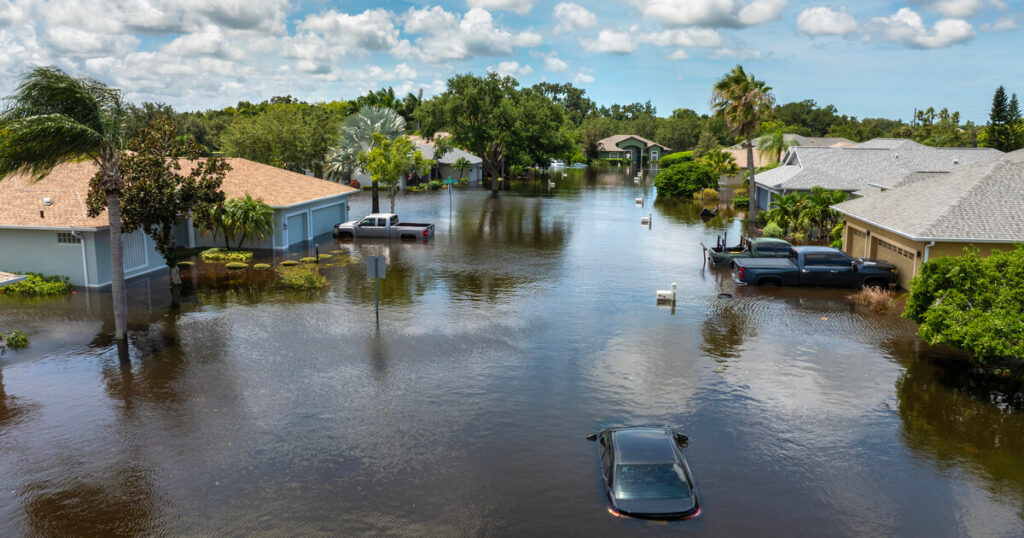
Brianna Toskov
Published: July 15, 2025

Real estate investing can be one of the most reliable ways to build long-term wealth — but only if you understand the complete picture. That’s because real estate investment risk is real and often underestimated by people just starting out.
In this post, I’ll walk through 8 of the most common real estate investment risks I’ve encountered — and how to protect yourself from each one.
1. Market Risk in Real Estate Investments
Markets go up and down, and when they shift, property values take a hit. Interest rates rise, buyers get cold feet, and what looked like a solid investment yesterday might sit on the market tomorrow. That’s market risk.
How to reduce your risk? Stick with properties in areas that have long-term demand, not just hype. And don’t put all your eggs in one basket. Spreading your money across different types of properties or locations helps minimize risk, even if one area cools off.
2. Location Risk in Real Estate Investing
The old saying still holds: location is everything. Even the most updated property can underperform if it’s in the wrong neighborhood.
I once purchased a property in a neighborhood, and an insurance company refused to insure it. It’s also important to pay attention to neighborhood HOA restrictions. Architectural committees in historic neighborhoods can have very strict guidelines regarding renovations. And, of course, buyers tend to prefer homes in good school districts.
How to reduce your risk? Research the area thoroughly. Look into school ratings, job growth, and access to public transportation. Then talk to experienced local investors and neighbors who understand the neighborhood. Whatever you do, don’t rely solely on Google Maps — go walk the block yourself. What you see and hear in person often tells a better story.
3. Property-Specific Investment Risk
Some properties look like a deal until you peel back the drywall. Behind-the-scenes surprises like mold, outdated wiring, and structural issues can destroy your budget. Renovations that require permits can really impact your renovation timeline and overall profit.

How to reduce your risk?
Always get a full inspection — even if the property’s cheap. If you’re just starting out, avoid properties in major disrepair unless you’ve learned how to choose a contractor you can trust. A better first investment is one that only needs surface-level updates. And whatever your budget is, pad it with a repair buffer. Things will come up. They always do.
4. Liquidity Risk in Real Estate Investments
Real estate is not extremely liquid, and when the pressure’s on, you might not be able to access the money you need as fast as you need it. When I first got started, I remember holding multiple properties and watching my bank account dip uncomfortably low. That’s real, and it can be scary. Growth in this business doesn’t always look like financial stability — sometimes, it means staying faithful when your cushion feels nonexistent.
When you’re just starting out, you should aim to have six months of reserves for whatever that property costs you per month. If it costs $2,000 to carry, have at least $12,000 set aside. That’s the bare minimum — and even then, you’ll still feel the pressure. How to reduce your risk? Don’t tie up every dollar in one deal, develop strong contractor relationships, and learn all you can about financing tools. This business will stretch your faith and test your patience.
5. Tenant Risk in Real Estate Investing
Tenants can be one of the biggest blessings in real estate — or your biggest source of stress. Responsible tenants pay on time, take care of the property, and treat your investment like their home, but not every tenant fits that mold.
How to reduce your risk? Screen thoroughly: pay attention to credit score, background, and income. Use clear leases that lay out expectations, collect strong security deposits, and make sure you have a system in place if payments fall behind.
7. Management Risk in Real Estate Investment
Real estate investment risk can correlate with your own management practices. Missed maintenance, sloppy bookkeeping, or ignoring tenant concerns can chip away at your tenant relationships and overall profits in the long run. Delayed repairs often turn small problems into costly ones. Tenant neglect can lead to late rent, broken leases, and bad online reviews, which can hurt your ability to attract quality renters in the future.
How to reduce your risk? Schedule regular property checkups and use reliable tools to track rent, repairs, and lease terms. If the workload starts to outpace your capacity, don’t hesitate to bring in professional property management. Good systems and consistent attention make for happy tenants and property managers alike.
8. Environmental Risk in Real Estate Investing
Floods, hurricanes, and fires can destroy property value in a flash. These natural events don’t just cause damage — they can also make insurance unaffordable or unavailable.

How to reduce your risk? Before buying, research whether the property is in a floodplain or high-risk zone. Review FEMA maps, talk to local officials, and understand historical storm or fire activity in the area. Confirm that affordable insurance is available, and consider adding weather-resistant features where needed.
The Best Way to Minimize Real Estate Investment Risk?
Real estate investing will test you. It’ll stretch your finances, your patience, and your character. The risks are real, but they don’t have to be deal-breakers. They can be an important part of the learning process.
The key is knowing what you’re walking into and having a plan to walk through it — not alone, but with the right people around you. Get clear on your motives. Build relationships with those who’ve been there before. Above all, stay grounded and pursue real estate with integrity. This industry can expose your pride or refine your purpose. Often, it does both.And if you live in Baltimore and part of your journey starts with selling a home, we’d love to help. At Charm City Builders, we buy houses in Maryland for cash, quickly and painlessly. Whether you’re freeing up capital or moving on from a property that’s holding you back, we’d be honored to be part of that step.

